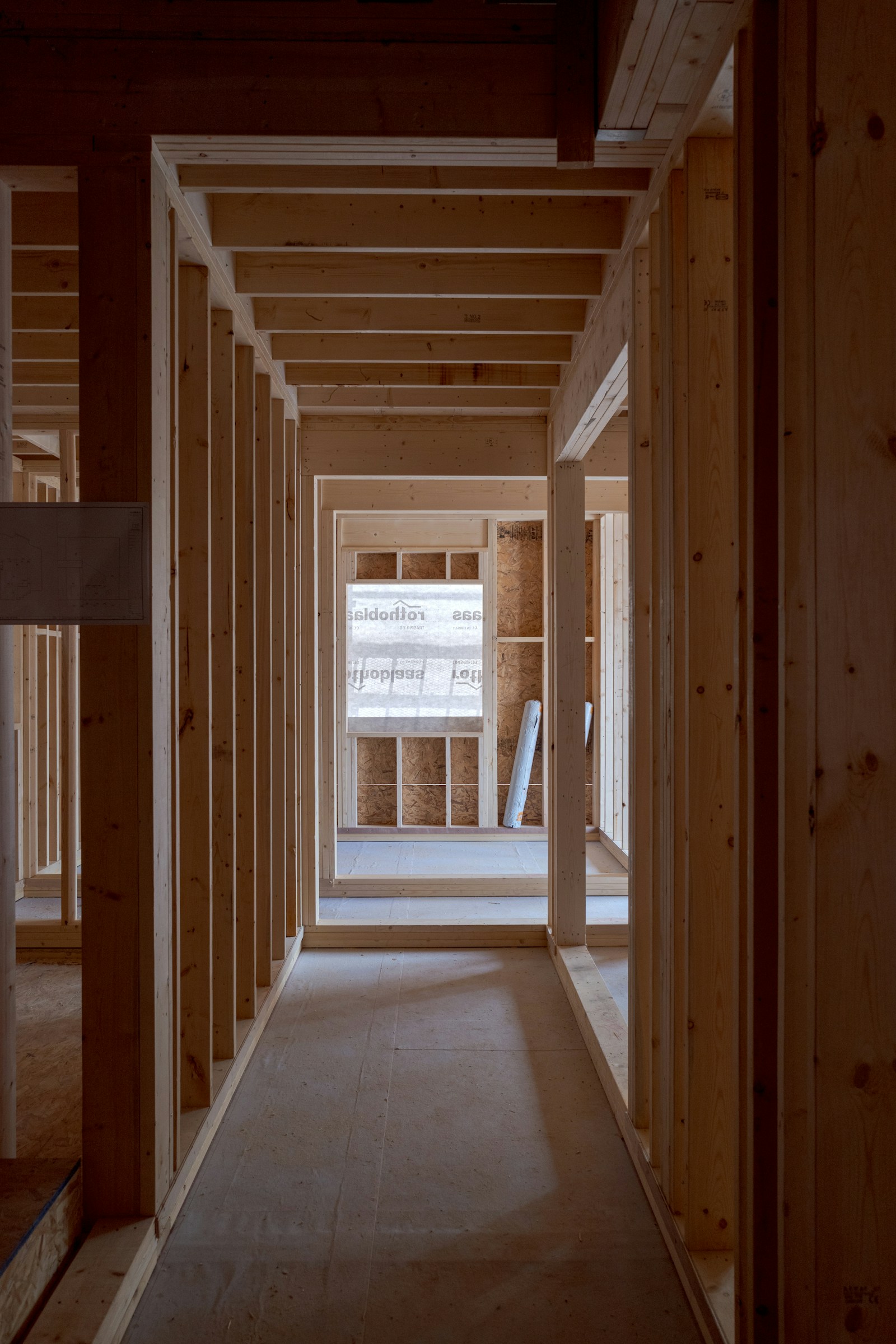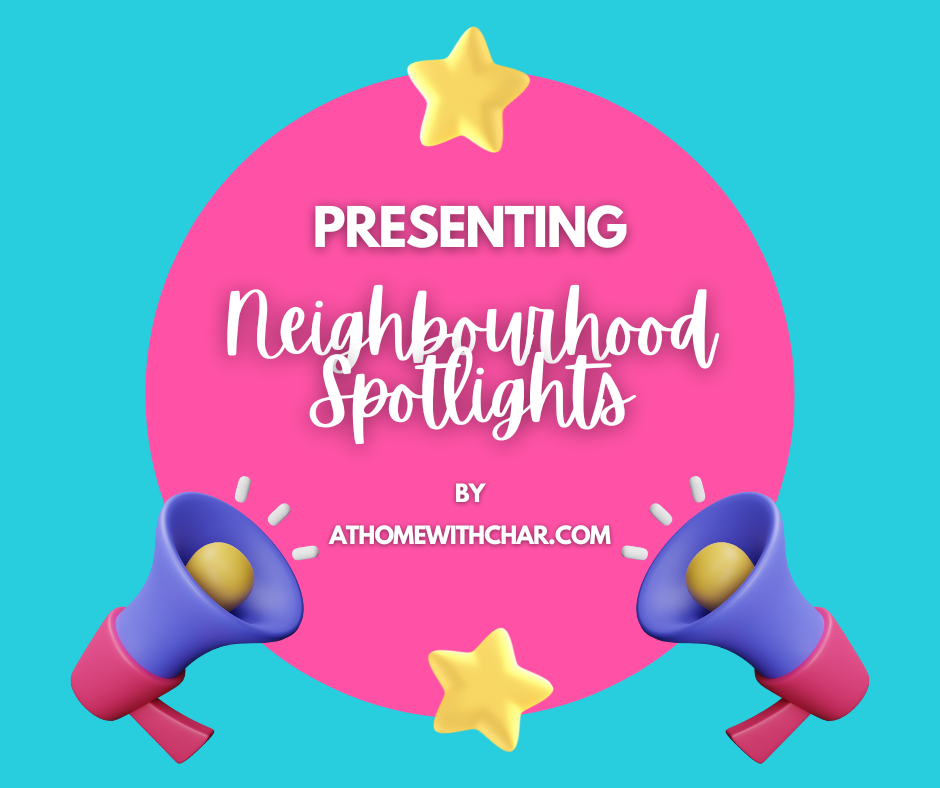Featuring Heidelberg • Conestogo • St. Jacobs • Elmira • Breslau
When you picture the ideal balance of small-town charm, rolling countryside, and quick access to city life — you’re probably imagining Woolwich Township.
Stretching just north and east of Waterloo, this beautiful pocket of Ontario is made up of five distinct communities — Heidelberg, Conestogo, St. Jacobs, Elmira, and Breslau — each with its own personality, but all sharing that unmistakable “you belong here” feeling.
It’s a place where you can stop at a farm stand for local honey, spend an afternoon wandering boutique shops, and still make it to your downtown meeting on time. It’s calm, connected, and community-minded — a rare combination that has made Woolwich one of the most desirable areas in Waterloo Region for homeowners, families, and retirees alike.
✨ Heidelberg & Conestogo: Storybook Serenity
Just a short drive northwest of Waterloo, Heidelberg and Conestogo are what rural dreams are made of.
Heidelberg is famous for its namesake tavern — The Olde Heidelberg Restaurant — where schnitzel, pretzels, and pints have been served with hometown pride for over a century. It’s the kind of place where your server remembers your order, and every meal feels like a local tradition.
Conestogo, meanwhile, brings all the nature vibes. Nestled along the Grand River, this hamlet offers quiet streets lined with charming century homes, and the Conestogo River Trail, a peaceful walking path that feels miles away from everything. When the snow falls, locals trade hiking boots for snowshoes, and families gather for winter walks followed by coffee at the nearby café.
Homes here range from renovated farmhouses to newly built family dwellings with deep backyards and scenic views — a dream setup for those who crave peace without isolation.
🛍️ St. Jacobs: Artisan Heartbeat of Woolwich
No Woolwich spotlight would be complete without St. Jacobs, the township’s beating heart and creative centre.
Best known for the St. Jacobs Farmers’ Market, this iconic destination draws visitors from across Ontario. From fresh produce to hand-crafted furniture to the smell of apple fritters wafting through the air — it’s impossible not to feel the energy of this place. But beyond the market, St. Jacobs’ village core is packed with charm:
The Stone Crock Bakery is a local legend for pies and pastries.
The Artisans of St. Jacobs features handmade goods that make perfect gifts.
Block Three Brewing delivers craft beer and cozy vibes in equal measure.
And during the holidays? The whole village sparkles. From twinkling window displays to horse-drawn carriage rides, St. Jacobs turns into a real-life snow globe. It’s also a wonderful area for homeowners who want to be close to culture while keeping that tight-knit community feel.
🌸 Elmira: The Heartbeat of Home
If you’re looking for warmth, familiarity, and a true sense of belonging — Elmira is where you’ll find it.
This is the township’s largest community and home to the Elmira Maple Syrup Festival, one of the sweetest (literally) annual events in Canada. Thousands of visitors flood the town each spring for pancakes, maple taffy, and that unbeatable small-town energy.
But Elmira is more than a festival stop. It’s growing fast — with excellent schools, well-maintained parks, and new developments that still respect the town’s heritage. It’s the kind of place where kids can ride bikes safely, neighbours wave hello, and you’ll know your mail carrier by name.
And if you’re ready for a little you time (and who isn’t?), the newest addition to the downtown strip has everyone talking: Elmira Nails and Wellness Spa. 💅
Bright, modern, and absolutely gorgeous inside, it’s quickly become the go-to self-care spot in Woolwich. Whether you’re popping in for a manicure, a massage, or just a few moments of calm, the team there knows how to make you feel cared for. And here’s your pro tip: they sell gift certificates, which means your Christmas shopping list just got easier.
Add this to your local errands route, and trust me — your week will instantly feel more balanced.
🏘️ Breslau: Country Roots, City Reach
Just east of Kitchener, Breslau offers something many families crave — a peaceful, suburban setting with quick access to everything.
Minutes from Highway 7 and the airport, this fast-growing community combines modern developments with green spaces, family-friendly parks, and scenic walking trails. You’ll find playgrounds buzzing with laughter, soccer fields in constant use, and neighbours who actually know each other.
Breslau is also a commuter’s dream. Downtown Kitchener, Cambridge, and Guelph are all within 20 minutes — making it ideal for professionals who want a quieter lifestyle without giving up convenience.
Housing options range from starter homes to larger executive properties, with price points that remain competitive compared to similar city suburbs.
🏡 The Woolwich Lifestyle
Here’s what draws people to Woolwich again and again:
Community roots: You can feel it in the fundraisers, the local parades, and even in how the grocery store cashier asks about your day.
Outdoor living: Rivers, trails, and fields are everywhere — whether you love kayaking, cycling, or sunset walks.
Local love: There’s a deep respect for small business here. From the family-run farm stalls to cafés and spas, every transaction feels personal.
Value for money: Homes here tend to offer more space for less cost compared to city cores — all while staying within a 15-minute drive of Waterloo.
🏠 For Buyers (and Dreamers)
If you’ve been thinking about trading city noise for that peaceful pace of small-town living, Woolwich is your perfect middle ground.
And here’s where @mortgagewithchar comes in — I can help you run the numbers, compare current rates, and see what kind of home you could comfortably afford in today’s market. From down payment options to bridging loans for a simultaneous sale and purchase, I’ve got the mortgage side covered so you can focus on finding “the one.”
Whether it’s your first home or your fifth, understanding your budget before you start shopping is the best gift you can give yourself — second only to that post-closing spa day at Elmira Nails and Wellness, of course. 😉
✨ Final Thoughts
Woolwich Township isn’t just a place — it’s a feeling. It’s Sunday drives with no agenda, kids playing street hockey, neighbours dropping by with zucchini from their gardens, and quiet nights under an impossible number of stars.
You don’t have to give up city life to have peace and space; here, you get both.
And when you’re ready to make your move, I’ll be here — to help you explore, connect, and bring the financial side into focus through @mortgagewithchar.
Because home isn’t just where you live — it’s where you feel right. And Woolwich feels just right. 🌾










